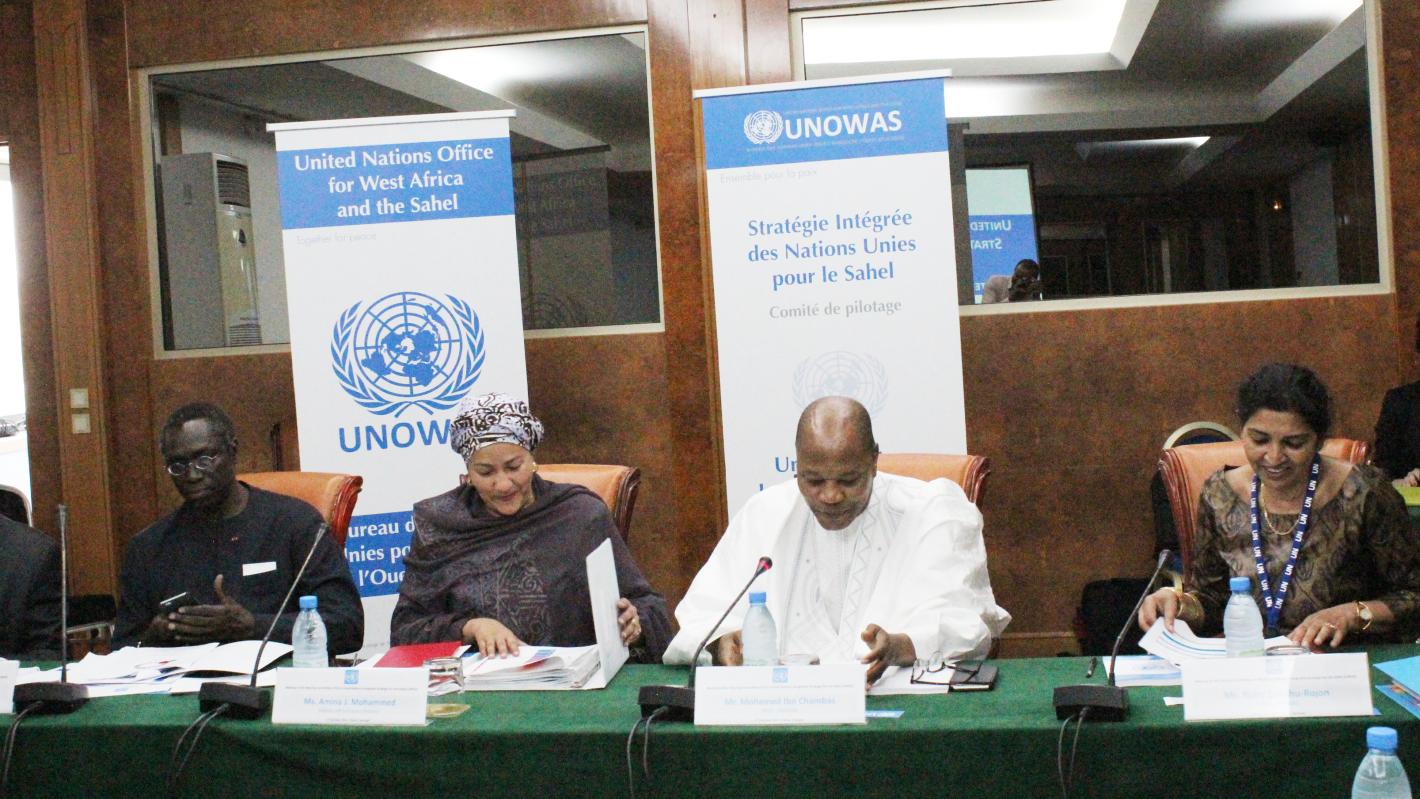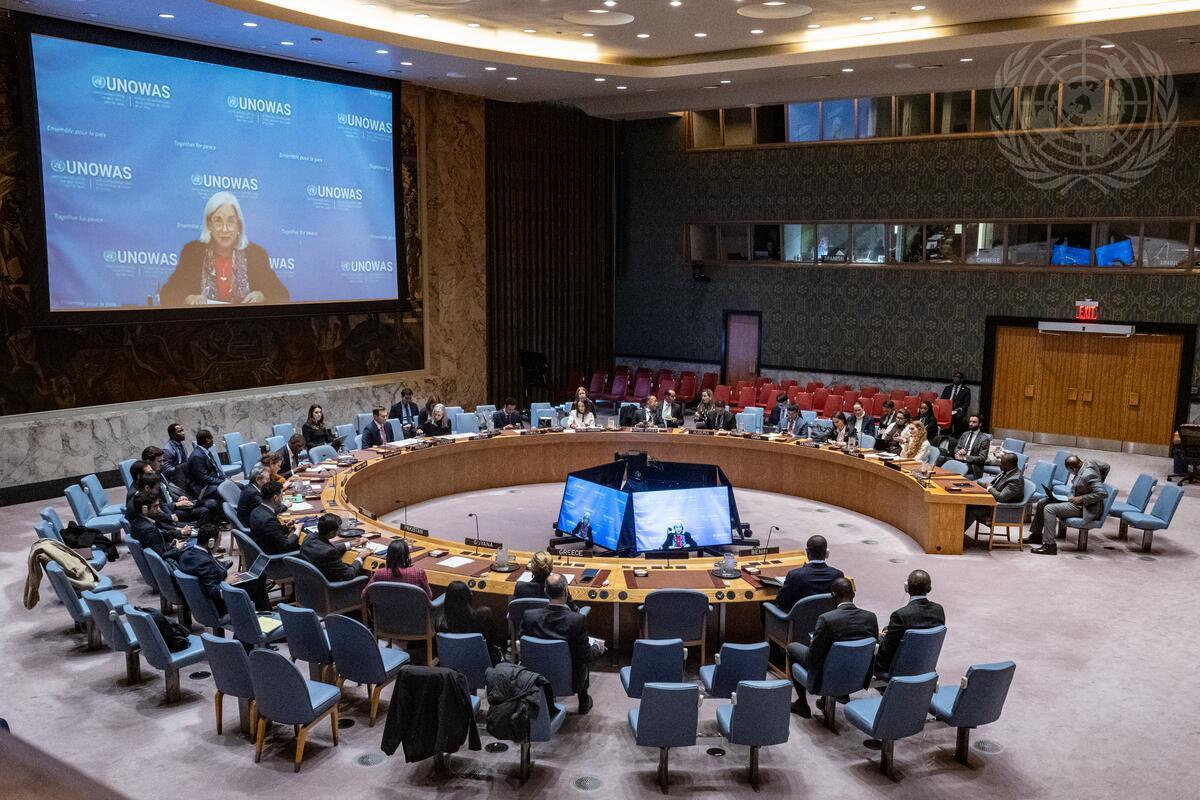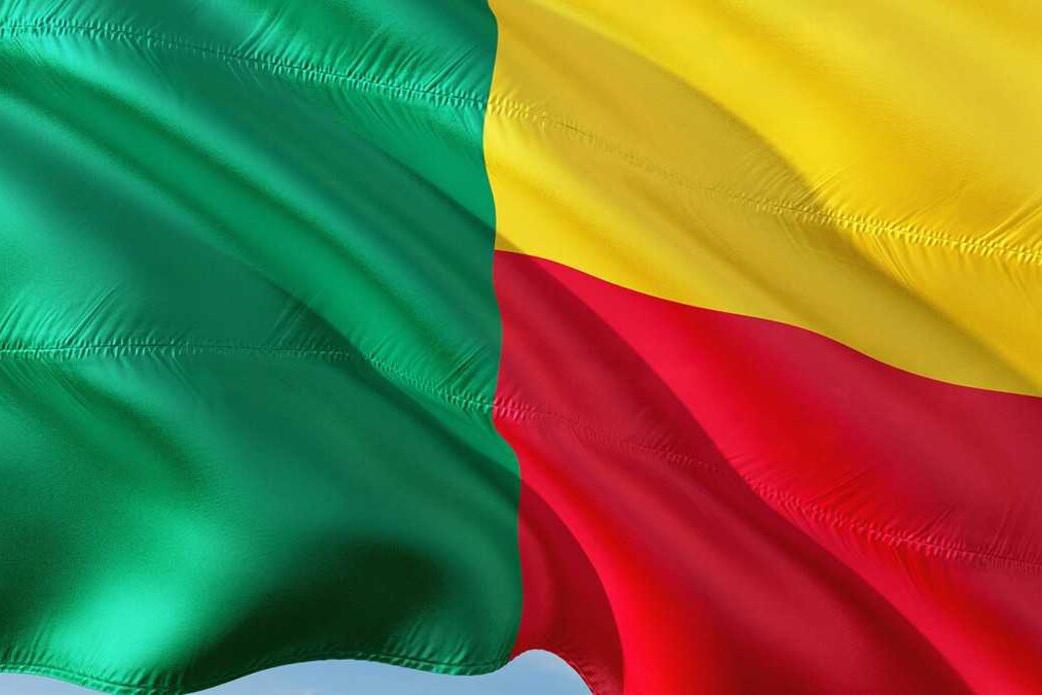The Special Representative of the Secretary-General and Head of the United Nations Office for West Africa and the Sahel (UNOWAS), Mohamed Ibn Chambas, chaired, on 27 October 2017 in Dakar, the Steering Committee Meeting of the United Nations Integrated Strategy for the Sahel (UNISS). This meeting was enhanced by the presence of the Deputy Secretary General (DSG) of the United Nations, Amina Mohamed, who chairs the Working Group of the Executive Committee on the Sahel that was established in early July 2017 by the UN Secretary General, Antonio Guterres.
This particular Steering Committee meeting is a unique opportunity: we have here all levels of responsibility and the national and regional perspectives represented, from the highest authority at Headquarters
"This particular Steering Committee meeting is a unique opportunity: we have here all levels of responsibility and the national and regional perspectives represented, from the highest authority at Headquarters, Resident Coordinators, Regional Directors, and our UNISS working groups. I trust we will be able to draw on all our combined experience to have fruitful discussions”, said M. Ibn Chambas, at the opening of the meeting. According to UNOWAS Chief, the participation of the DSG in this UNISS Steering Committee meeting demonstrates the UN's determination and mobilization for the Sahel.
In her remarks to the Steering Committee meeting, the DSG underlined that achieving sustaining peace and sustainable development in the region can only be done by supporting the Governments of the Sahel countries in their efforts towards addressing the roots causes of conflict, and the multi-dimensional and interlinked challenges facing the region.
Ms. Mohamed argued that to do this, the UN will "align its action with the needs and priorities identified by the Sahel states through an integrated and comprehensive approach", while placing the 2030 Agenda and Paris Agreement at the heart of United Nations action.
She also noted that the international community should give priority to attention and investment in medium- and long-term development to meet the needs of the Sahel region, "in order to ensure that non-conflict development paths in the sub region are fully supported through the economic resilience of communities and the capabilities of States."
The heads and representatives of the UN regional agencies during this meeting identified the main challenges and needs, and discussed opportunities to strengthen a coherent, integrated and effective United Nations response in the Sahel sub region, in partnership with the governments of the Sahel countries.






